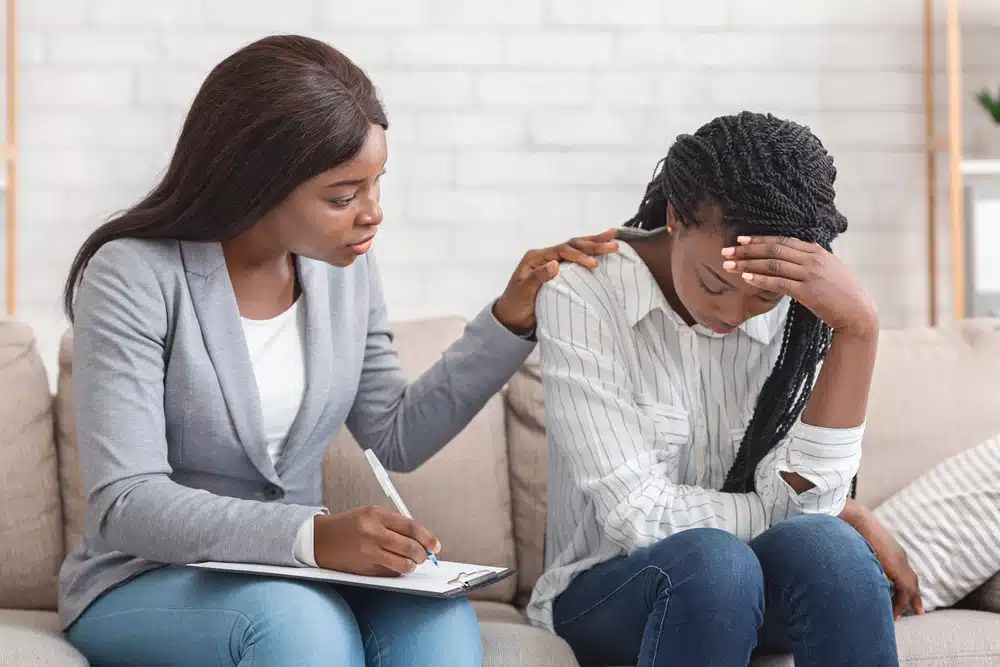24/7 Helpline:
(866) 899-221924/7 Helpline:
(866) 899-2219
Learn more about Opioid Rehab centers in Starke
Opioid Rehab in Other Cities

Other Insurance Options

Carleon

Cigna

Covered California

Premera

Regence

Anthem

Optima

Health Net

Private insurance

Health Partners

BlueCross

CareSource

Excellus

MHNNet Behavioral Health

Providence

Meritain

Coventry Health Care

WellCare Health Plans

BHS | Behavioral Health Systems

ComPsych

The Transition House
The Transition House of Starke specializes in services for those dealing with behavioral health issu...

Intensive Treatment Modalities Group
Intensive Treatment Modalities Group hast provided mental health treatment and care for adult and ad...





















































































































